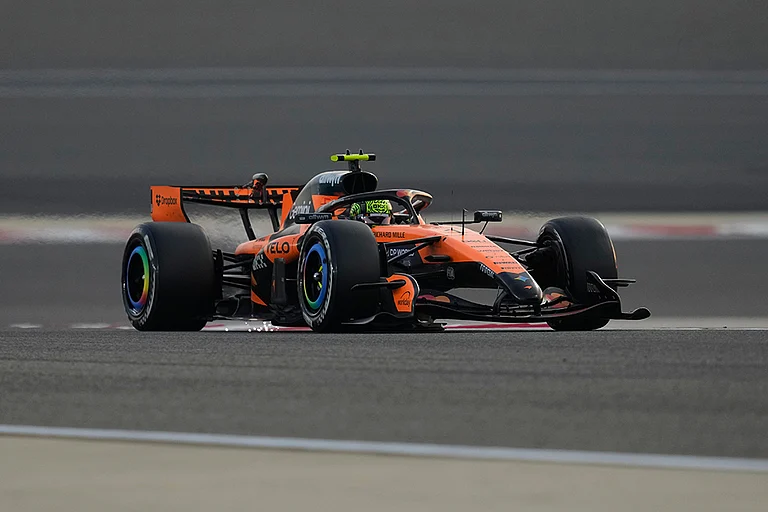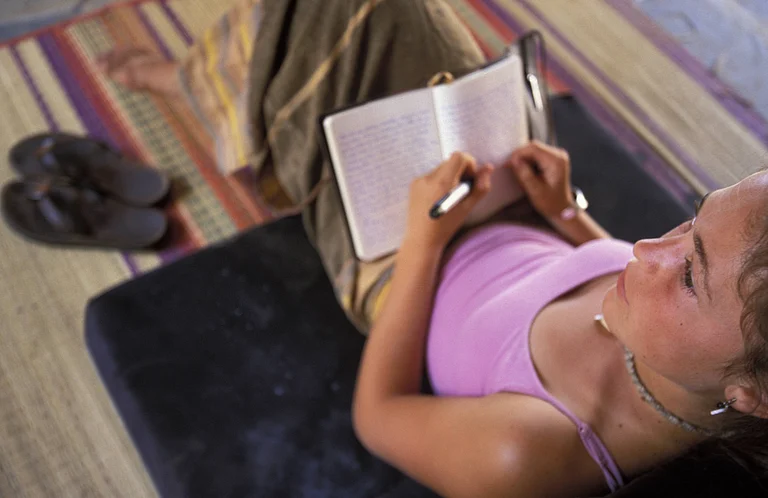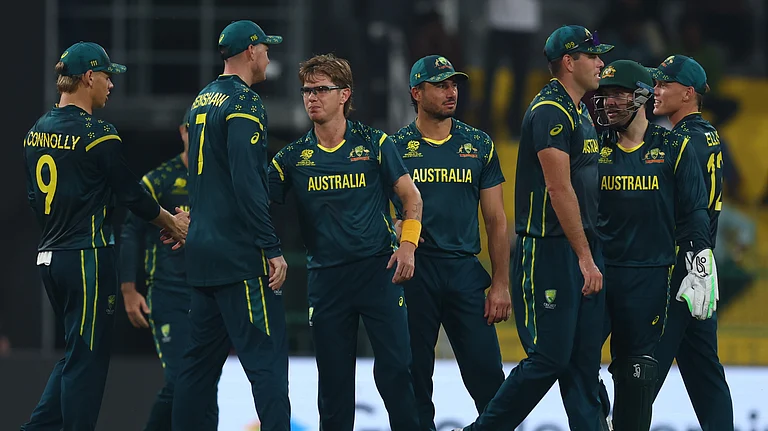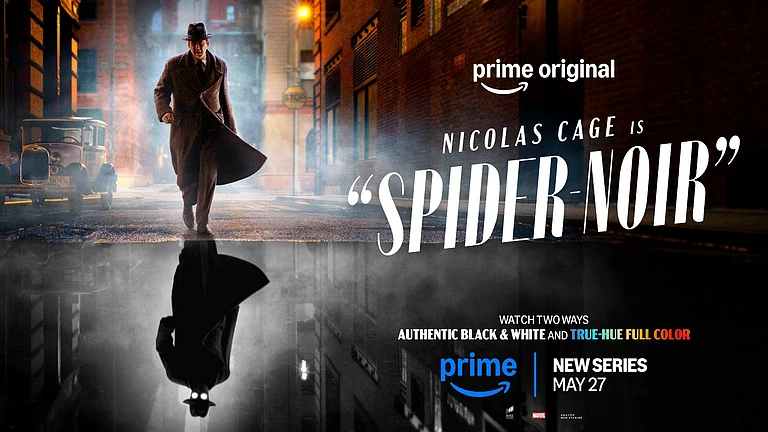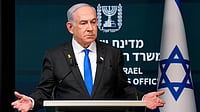Days after a local Telangana court granted police custody of the adult accused in the sensational teen-gang-rape case in Hyderabad, the police are now pushing for trying the five minors co-accused in the crime to be tried in court as adults to ensure they get optimum punishment. The minor son of an All India Majlis-e-Ittehadul Muslimeen (AIMIM) MLA is one of the co-accused in the gang-rape of the teenage girl, which took place in the city's Jubilee Hills area last month on May 28.
Who are the accused in the case?
On Tuesday, Hyderabad Police said that six persons have been apprehended in connection with case of which five were juveniles. All of the five are within the 16-18 years age group. Three of them are children of influential persons. While one is the son of the AIMIM MLA, one of the other four minors is the son of a local leader of the state's ruling Telangana Rashtra Samithi while another son of a TRS leader from Sangareddy town.
One juvenile, the son of the AIMIM MLA was allegedly seen in videos misbehaving with the girl, but was not involved in the act of rape. He is the only one not charged of rape. While the other five have been charged under POCSO and rape laws, the MLA's son has been charged with outraging the modesty of the girl, voluntarily causing hurt and also sexual assault. According to the police, the crime occurred inside an MPV vehicle which could be an official vehicle.
The police now want to try the juveniles as adults and persecute them under POCSO for statutory rape of the minor girl and other rape laws under the IPC.
What are the rules for juveniles accused of rape in India?
As per the Juvenile Justice Act, no one under the age of 18 can be jailed for more than three years. This however changed in 2015 after the Act was amended to increase punishment for juveniles between ages 16 to 18 if they are convicted of 'heinous offences'. In such cases, the juvenile could be punished for a minimum of seven years. The Act was amended following the release of the minor accused in the infamous 2012 Delhi gang-rape which caused widespread protests and brought about strengthened punishment for rape.
The Hyderabad Police have sought maximum punishment for the rapists under the amended Act.
Trying juveniles as adults
The amendment in the Juvenile Justice Act was brought about amid a growing volley of protests regarding the release of the minor rapist within three years of the heinous gang-rape in a moving bus which ultimately led to the death of the victim. At the time, many including the parents of the victim had vocally campaigned for the amendment. While the minor accused in the 2012 gang rape was not prosecuted further, the amendment applies to all cases since. Many celebrated the move amid a growing number of crimes by juveniles against women.
Critics, however, have maintained that reducing the age for trying juveniles as adults contradicts the UN Convention on the Rights of the Child of which India is a signatory. It mandates that all children under the age of 18 be treated equally. Studies on patterns of sexual violence against women around the world have also pointed to the failure of meting out harsher punishment for rape as a deterrent for reducing sexual crimes.
(With inputs from PTI)







